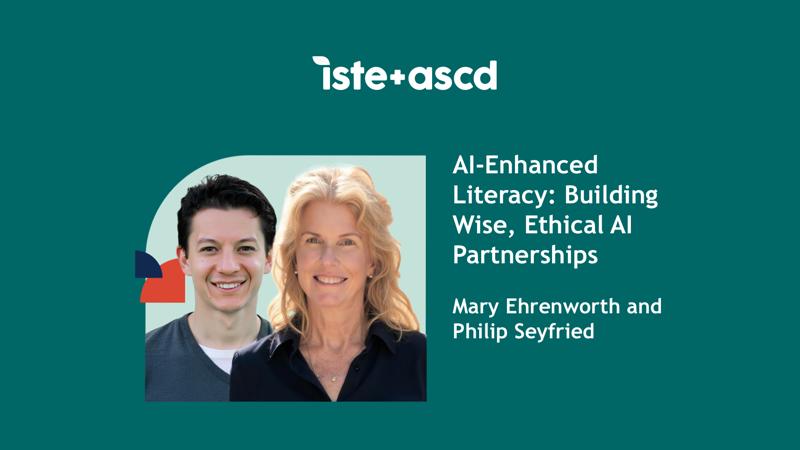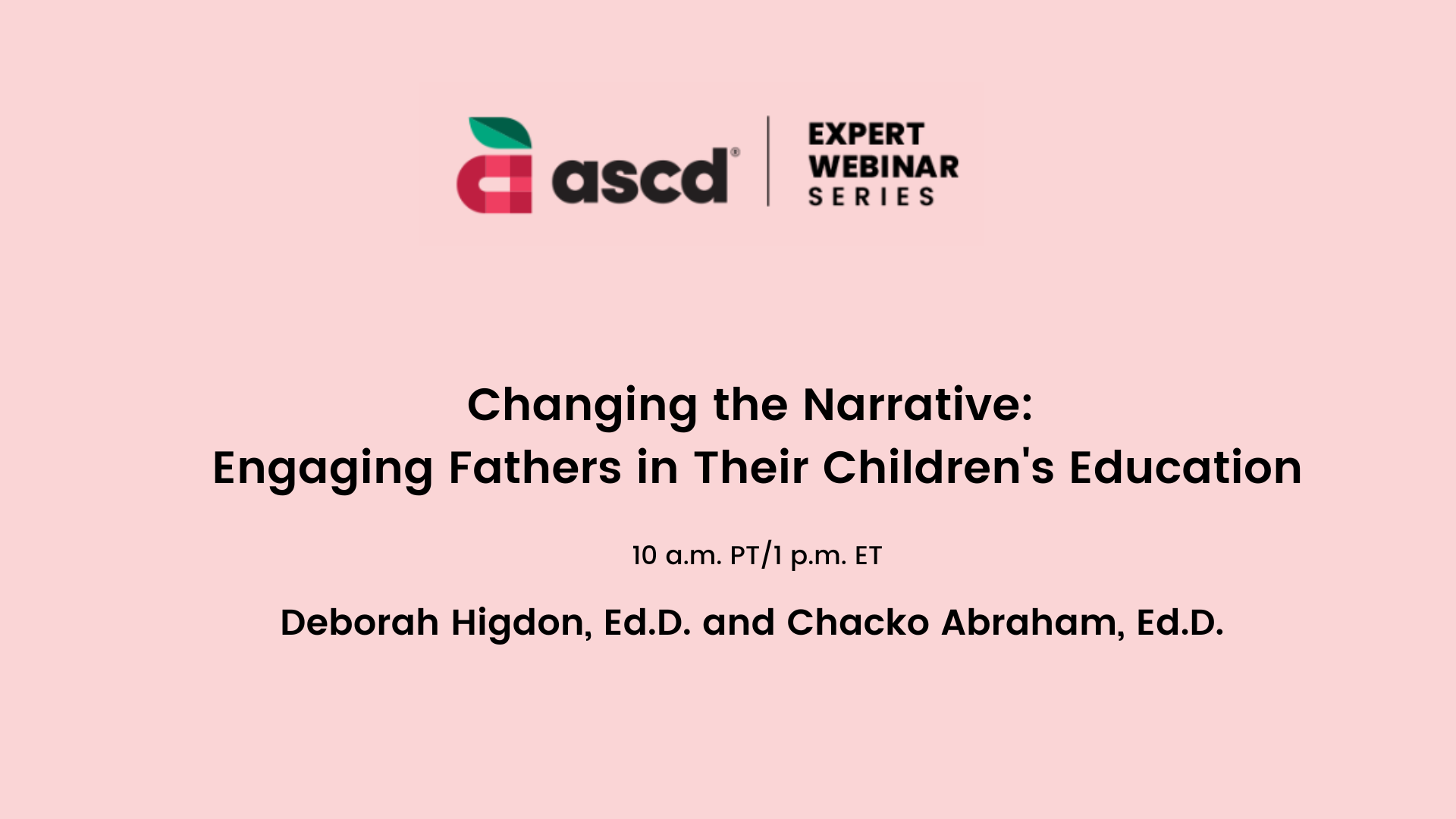Assessment & Grading
How Can Resisting Immediate Gratification and Long-Term Goal Development be Developed in Students?
13 years ago
In this Webinar
Ability to delay gratification has been correlated with students’ academic performance in secondary school and found to be greater predictor of academic performance than I.Q. However, until young adulthood the brain is wired to seek immediate gratification. The executive functions of gratification delay, planning, and achieving long-term goals are still developing into their mid twenties. This webinar will describe ways educators can incorporate, into existing units of instruction, guided opportunities to strengthen the neural networks that resist immediate gratification and promote goal-directed habits in students in all grade levels.












